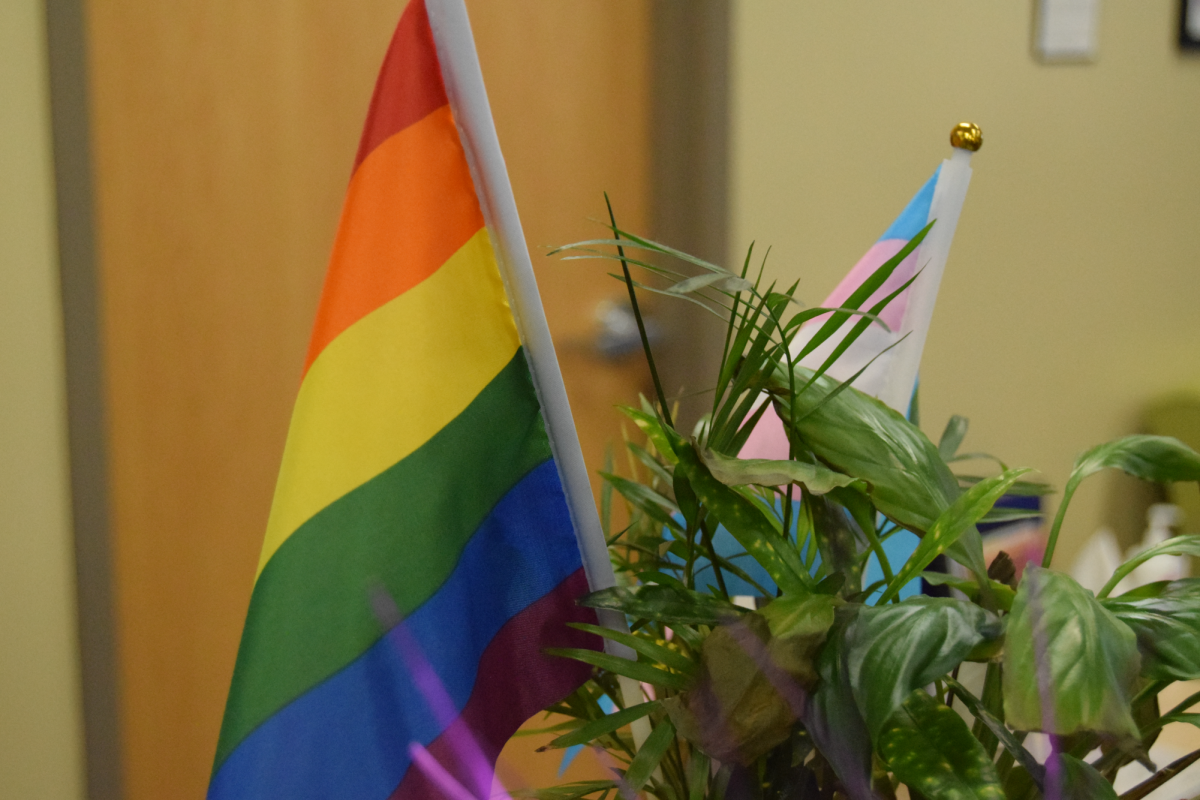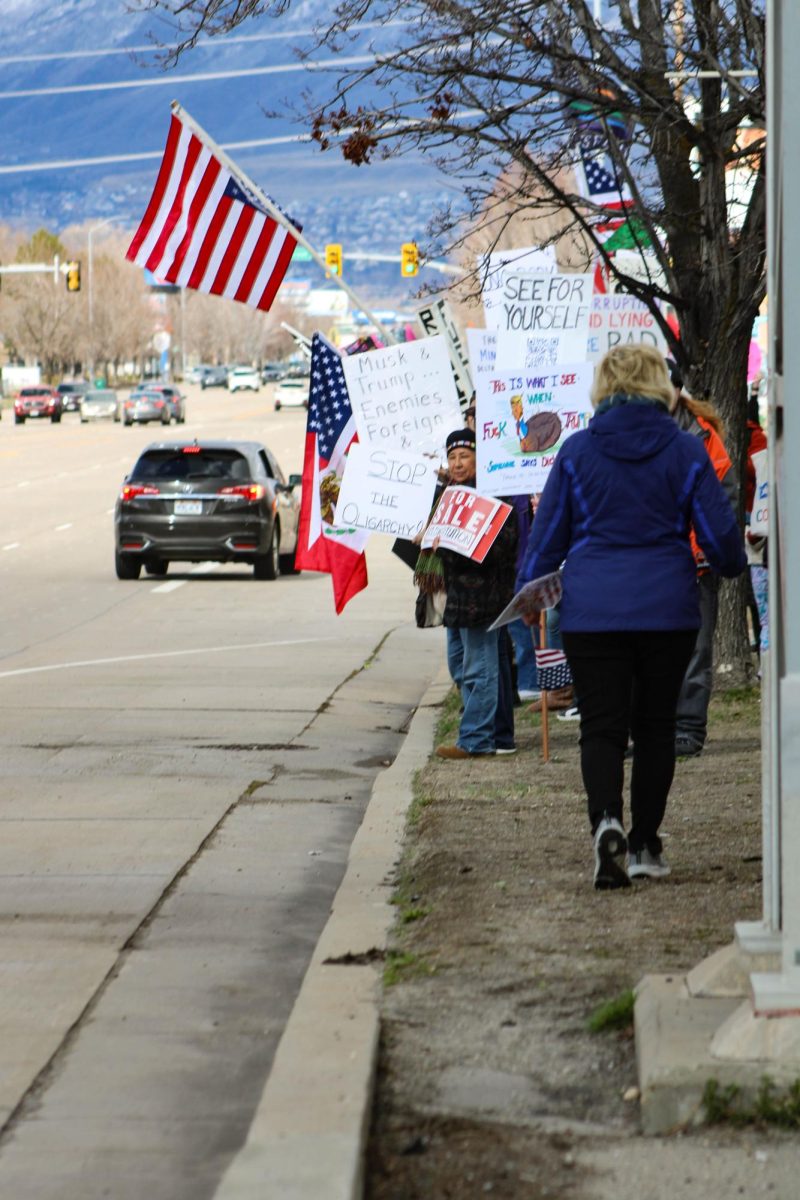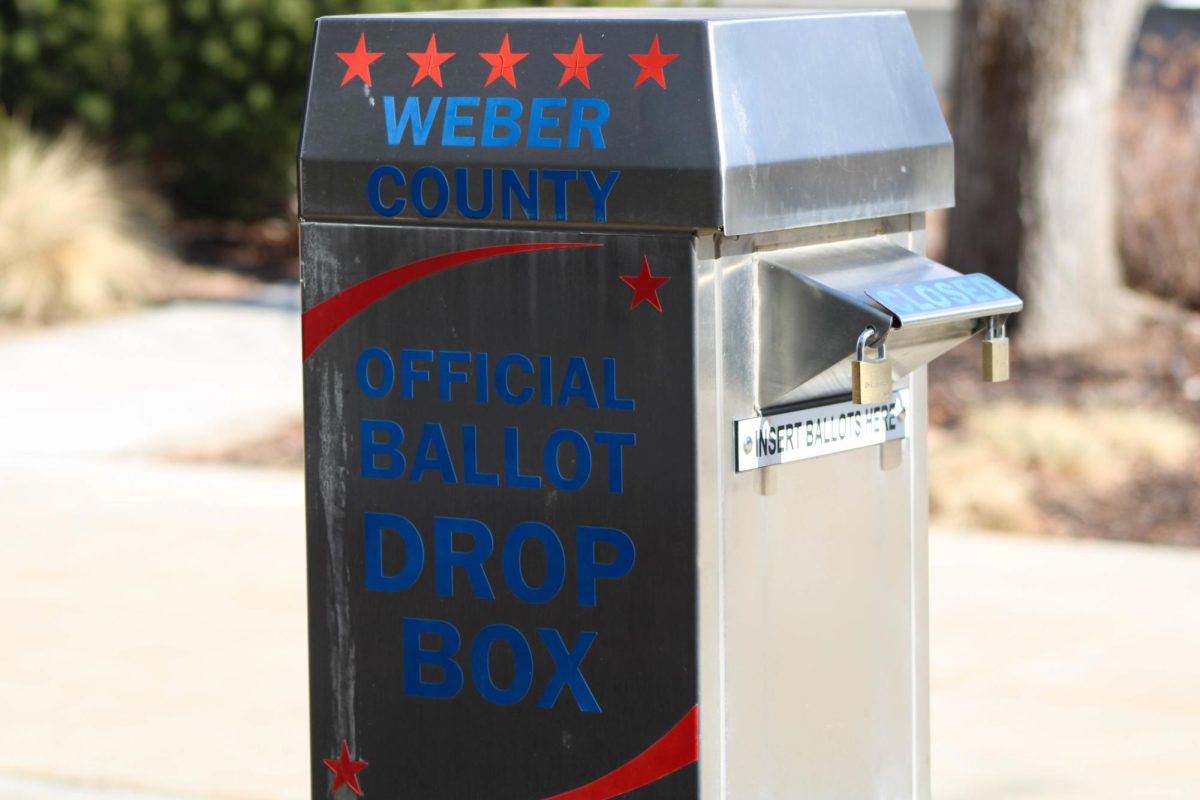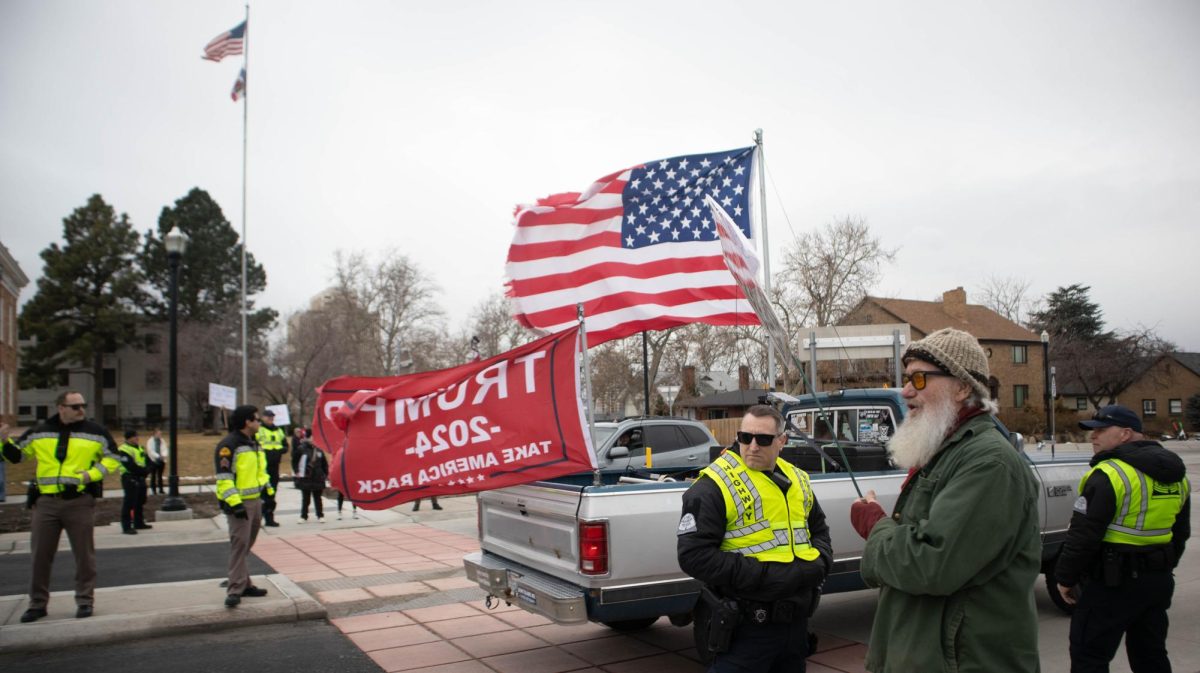
The Center for Diversity and Unity presented Taboo Talks: The Ethics of Hacking on Sept. 19. The talks featured panelists Tyler Gleave, a Weber State University computer science student; WSU political science assistant professor Gary Johnson; Jason Goltz, a Westminster College ethics professor, and Dave Taylor, systems analyst at WSU.
The panel began with talk about the common misconceptions of hacking, but quickly moved on to more controversial topics, such as Edward Snowden’s release of governmental information.
Snowden, formerly a computer specialist at the CIA and NSA, intentionally leaked classified documents about the United States’ mass surveillance of U.S. citizens to the press in June of 2013.
Gleave began by saying that, contrary to popular belief, “not all hackers are criminals. They’re smart, professional people, not just kids in their mother’s basement.” He said he personally would consider Snowden more of a patriot than a traitor.
Goltz responded that he felt Snowden was “an individual (who) decided on his own that he didn’t like what the government was doing, and went on his own and released it.”
Taylor said he didn’t believe any trust was actually broken between the government and the people.
“The arrangement the government entered into (in collecting the information) was with the corporations . . . generally, the user acceptance policy would allow that.”
Taylor went on that there is “almost always a third-party security arrangement,” and that contracting with the government without explicitly telling those affected was not an unusual occurrence.
“It’s not a technical question . . . what it really was was a breaking of the user acceptance policy. That’s not hacking — that’s using the system.”
Goltz said he was troubled by Snowden’s calm self-confidence that what he did was the right thing, even though the justifications he provided were not clear-cut.
“Very often, people know exactly what they’re consenting to . . . sometimes they’re willing to give up their freedoms for security. Whenever we’re talking about increasing someone’s power, there’s always the possibility of abuse or corruption. But other 9/11s that could have happened were stopped. . . . How many people, when the odds get high enough, would too be torn by (the use of torture)? I would give up some of my privacy.”
Johnson said constitutional protections do not include the information that passes between his ears. “That’s my own damn business.”
Despite the government obtaining mass amounts of information about U.S. citizens without their knowledge, some WSU students remain optimistic about the positive aspects of this program. Randi Hepworth, a sophomore, said she had faith in the U.S. government to make the best decision.
“Well, if I can’t trust them, then who else is there to trust?” She said she didn’t feel Snowden deserved the title of traitor, as some have taken to calling him. “(He’s) not necessarily a traitor . . . but it wasn’t his place to do so.”
Junior Jessica Allen agreed that, in the name of national safety, she would be fine with the government doing just about anything they needed to because she has nothing to hide and that monitoring her communication doesn’t really matter.
“I do think we have the right to know when we are being monitored, but if us knowing will prevent them from stopping something or keeping us safe, then I don’t have a problem with the government hiding that they are monitoring things. I don’t see how one man has the right to expose an entire government, but he probably felt that he had no other choice.
“If I was guilty of something, then obviously I wouldn’t be OK with it, and then they’d catch me and make the town safer? I’m pretty much OK with that as long as they aren’t really getting into my space and it’s for safety reasons. I do like my privacy, though.”



















